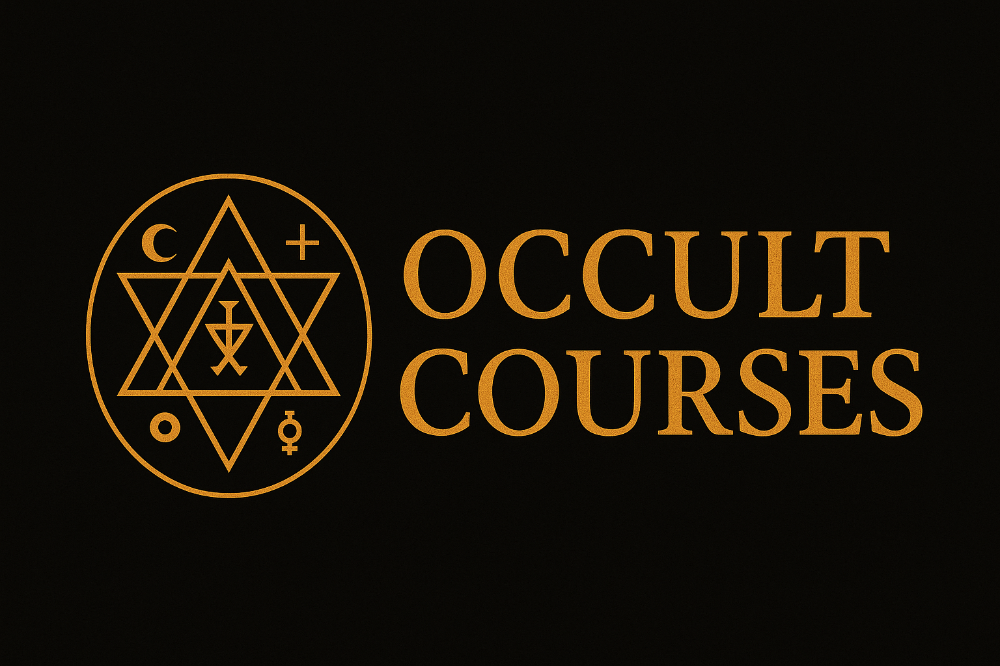Understanding the Absence of the Book of Esther in the Dead Sea Scrolls

The Dead Sea Scrolls, a remarkable collection of ancient manuscripts, have captivated scholars and enthusiasts alike for decades. Among the many texts discovered, one notable absence is the Book of Esther. This odd omission raises questions about the cultural, theological, and historical context of the Qumran community.
The Theological Context
The first theory to consider is the theological differences between the Book of Esther and the texts favored by the Qumran community. The Book of Esther is notably absent of explicit references to God, a characteristic that distinguishes it from all other books in the Hebrew Bible, with the exception of the Song of Songs. For the Essenes, who are often associated with the Qumran community, the absence of God in a purportedly sacred text may have rendered it unsuitable or less authoritative for their spiritual corpus.
The Process of Canonicity
Another factor that could explain the absence of Esther is the complex process of canonicity. T...
Beelzebub - Lord of The Flies?

Beelzebub - Lord of The Flies?
Beelzebub, often referred to as the "Lord of the Flies" or "Prince of Demons," is a well-known figure in various religious and cultural traditions. This article aims to provide a comprehensive overview of the origins, mythology, and historical significance of Beelzebub, as well as shedding light on its various interpretations throughout history.
The Etymology of Beelzebub
The term "Beelzebub" is derived from the Hebrew word Ba'al Zebûb, which translates to "Lord of the Flies." In ancient Canaanite religion, Ba'al was a title used to denote a god or a deity, while Zebûb was associated with flies, which were believed to be a symbol of decay and death. That is the most common understanding of his name, but I discuss in my book, Beelzebub - A History as to why I don't think Beelzebub is an actual name but rather an insult to Baal.
Beelzebub in the Hebrew Bible
Beelzebub appears in the Hebrew Bible as a Philistine deity, worshipped in the city of Ekron ...

